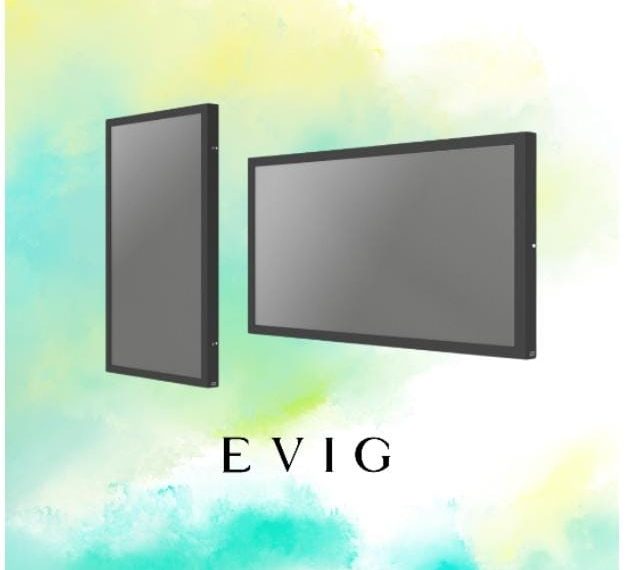As far as educational technology is concerned, Moodle stands out as a beacon of innovation and accessibility.
With its open-source Learning Management System (LMS), Moodle has significantly impacted the educational sector, particularly in postsecondary and higher education environments.
This article seeks to delve into Moodle’s business model within said settings, spotlighting its market impact, role in academia, and the benefits it delivers to institutions.
Moodle’s Evolving Business Model
At the heart of Moodle’s strategy is a commitment to open-source principles, a stance that has fundamentally shaped its business model.
Moodle Pty Ltd, the entity behind Moodle, operates on a unique model that combines open-source accessibility with a network of service providers; this network supports schools and organizations worldwide, offering them the tools to manage and deliver online education effectively.
A recent strategic development is the establishment of Moodle US, a wholly-owned subsidiary aimed at consolidating Moodle’s presence and enhancing its service offerings in the United States.
The transformation to Moodle US signifies a pivotal shift towards addressing the challenges and opportunities presented by cloud computing and the increasing demand for scalable online learning solutions.
This move not only aims to streamline Moodle’s operations but also to solidify its stance against the commodification of educational technology, ensuring that its LMS remains freely available and customizable to the global educational community.
Impact on the Educational Market
Moodle’s influence on the educational market cannot be overstated – it has democratized access to quality education through its open-source LMS, allowing institutions worldwide to implement technology-enabled learning without the prohibitive costs often associated with proprietary systems.
The establishment of Moodle US is a strategic response to the evolving needs of the educational sector, especially considering the growing importance of online learning; by integrating service companies like My Learning Consultants, Moonami Learning Solutions, and Elearning Experts, Moodle US is poised to offer more cohesive and efficient services, thereby enhancing Moodle’s market position.
Moodle’s Role in Academia
Moodle’s role in higher education is particularly significant – it offers a robust, flexible platform that supports a wide range of educational activities, from traditional course management to innovative online learning experiences.
Moodle’s modular design and open-source nature allow for extensive customization, enabling institutions to tailor the platform to their specific pedagogical needs.
This adaptability has made Moodle a preferred choice among higher education institutions seeking to expand their online offerings and enhance student engagement and learning outcomes.
Moodle operates in a vibrant ecosystem alongside competitors like Coursera, Udemy, and other e-learning platforms, each bringing distinct approaches to online education.
Its open-source model provides a unique value proposition by allowing unprecedented levels of customization and integration, which are critical for institutions aiming to deliver personalized learning experiences.
This adaptability fosters an environment of continuous innovation within the Moodle community, leading to the development of plugins, modules, and integrations that extend Moodle’s core functionalities to meet emerging educational needs.
Benefits for Educational Institutions
The benefits of Moodle for educational institutions are manifold: firstly, its open-source license removes the financial barriers to entry for using advanced LMS technologies; this aspect is crucial for small colleges and educational organizations with limited budgets.
Secondly, Moodle’s global network of service providers ensures that institutions can access local support for implementation and customization, fostering a sense of community and collaboration among Moodle users.
Furthermore, the strategic developments within Moodle, particularly the creation of Moodle US, underscore a commitment to enhancing service efficiency and sustainability.
This approach not only strengthens Moodle’s service offerings but also ensures that educational institutions can rely on a platform that is continuously evolving to meet the challenges of modern education.
Looking Forward
Moodle’s business model, with its emphasis on open-source principles and community-driven development, sets a standard for sustainable technology in education.
The strategic initiatives undertaken by Moodle, including the establishment of Moodle US, reflect a nuanced understanding of the changing educational technology landscape and a commitment to ensuring that the benefits of digital learning are accessible to all.
In conclusion, Moodle’s business model offers a blueprint for how educational technologies can be developed and deployed in ways that prioritize accessibility, flexibility, and community engagement.
As educational institutions continue to navigate the complexities of digital transformation, Moodle’s role as a facilitator of open, sustainable educational innovation becomes increasingly vital.















